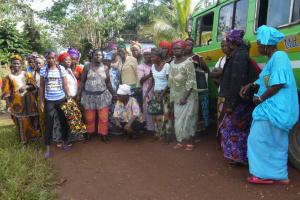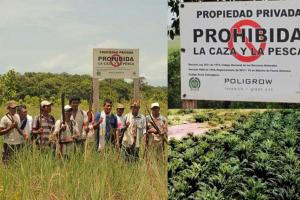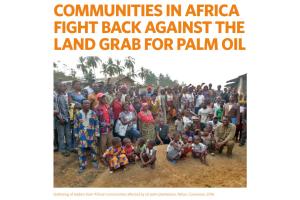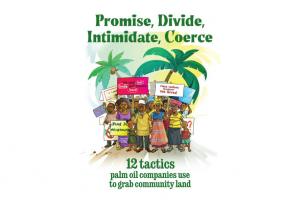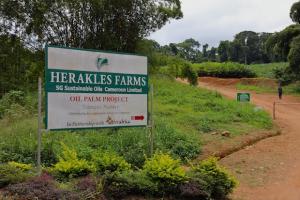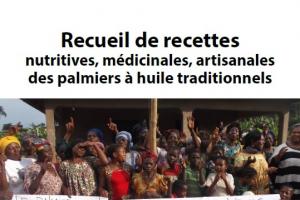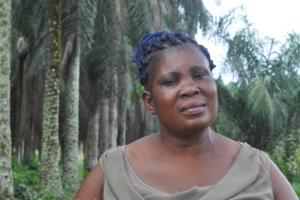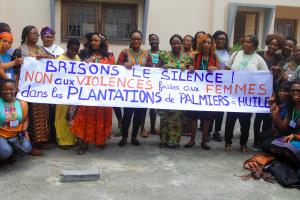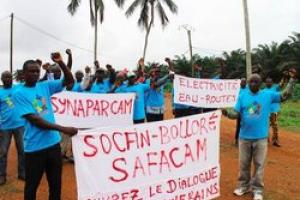Palm Oil
The oil palm tree is native to West Africa. It is an important tree for forest-dependent communities, their cultures and their economies. However, large-scale oil palm monocultures for industrial production (oil and agrofuels) have been driving deforestation and land grabbing in Southeast Asia. More recently, oil palm monocultures are also driving destruction in Africa and Latin America.
Why haven't Africa's post-colonial governments dismantled the colonial plantation model of exploitation and extraction, returned the lands to their people and emboldened a resurgence of Africa's diverse, local food and farming systems?
Colombia: Palm-Producing Company Poligrow Plans to Grab more Land under the “Small Producers” Scheme
Violence, massacre and forced displacement in the context of the armed conflict in Colombia have served to advance the industrial cultivation of oil palm. Palm-producing company Poligrow has an undeniable role in land-grabbing and intimidation in the municipality of Mapiripán.
A new report on the state of industrial oil palm plantations in Africa shows how communities are turning the tide on a massive land grab in the region.
An interview with the activist Nasako Besingi. He organized communities in their protests against US agribusiness Herakles Farm’s palm oil plantations. Due to this engagement, he has been the victim of Herakles Farm and government physical attacks, intimidation and criminalization. (Available in Swahili).
Only available in French.
We said it in Mundemba, Cameroon, we reiterated it in Port Loko, Sierra Leone, we re-affirm this in Abidjan, Cote d’Ivoire: the abuse against women in and around industrial oil palm plantations must STOP!
The oil palm company Socapalm in Cameroon plans to renew its ISO 14001 certification, which expired in 2017. We expose the company's attempts to cover up the destruction caused to the communities and the environment
